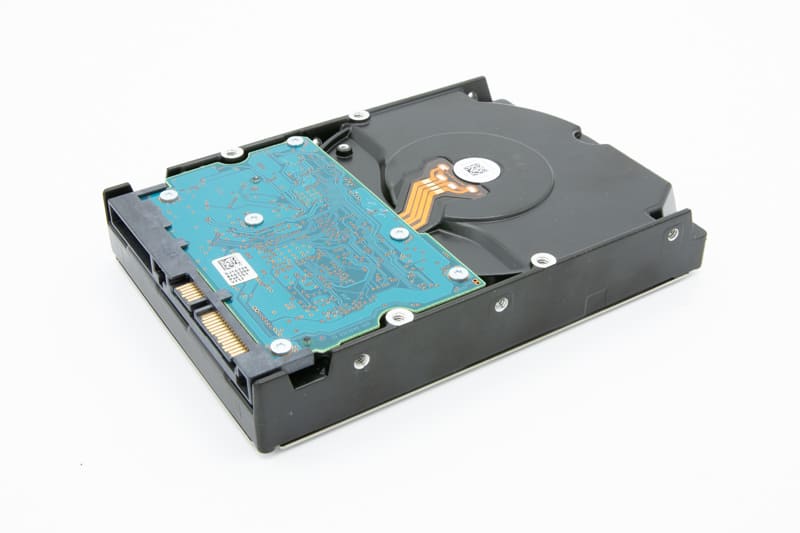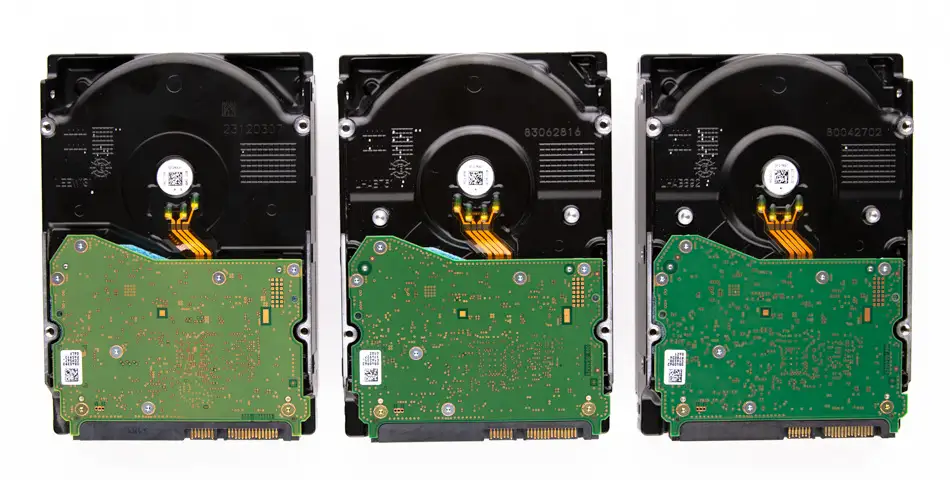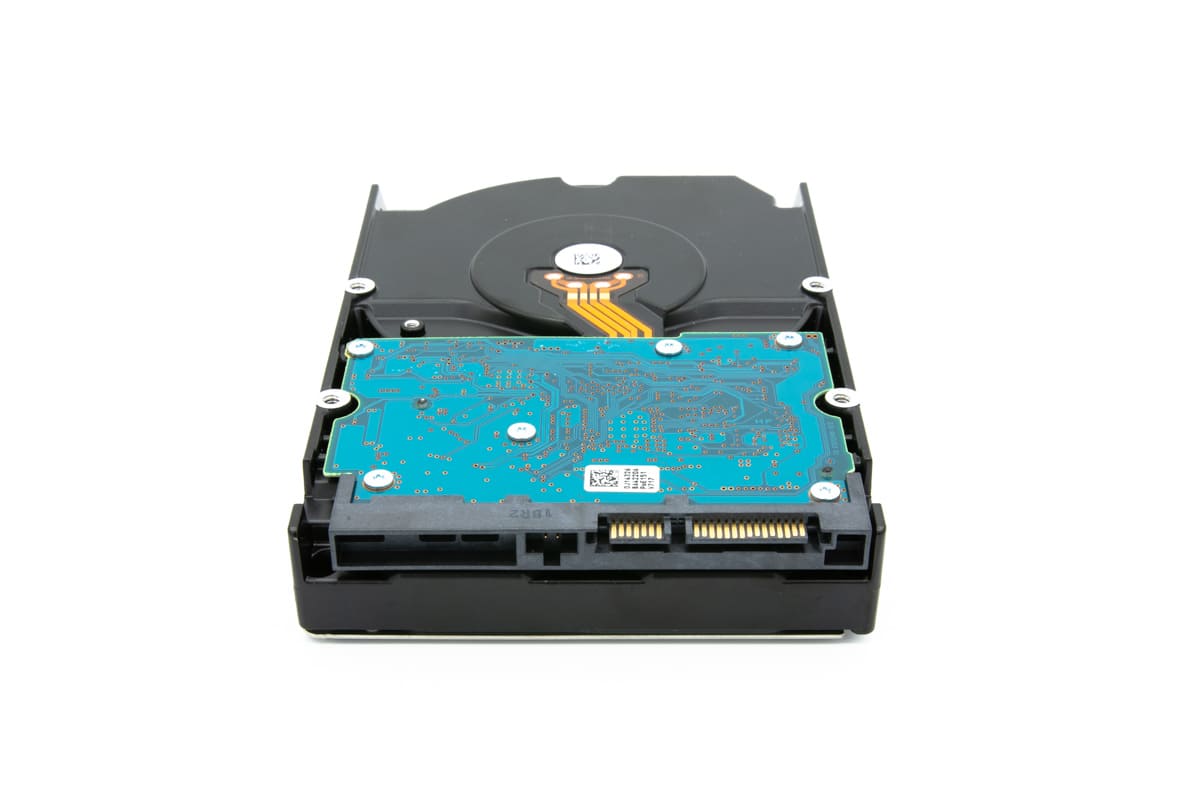In today’s digital age, we rely heavily on technology and data storage. Hard drives are one of the common ways to store important data, but how long do they last? It is a crucial question to ask, as hard drive failures can result in the loss of valuable data. In this article, our team will explore the factors that affect the lifespan of a hard drive and provide tips on how to extend its lifespan.
On Which Factors Does Hard Drive Lifespan Depend?
Hard drives are mechanical devices that store data on spinning disks. These disks are coated with a magnetic material that holds data in the form of ones and zeros. Over time, the disks can wear out or become damaged, resulting in data loss. The life span of a hard disk drive depends on various factors such as usage, environment, and manufacturing quality.
Usage
The more you use a hard drive, the faster it will wear out. For example, a hard drive used for eight hours a day will likely last longer than a hard drive used continuously. The type of data that is stored on the hard drive can also affect its lifespan. If you keep large files such as videos and photos, the hard drive will have to work harder, resulting in faster wear and tear.

Environment
The conditions in which a hard drive is used can also affect its lifespan. Hard drives used in hot or humid environments are more likely to fail due to increased stress on the components. Similarly, hard drives subjected to physical shocks or vibration are at a higher risk of failure.
Manufacturing Quality
The quality of the manufacturing process can also affect the lifespan of a hard drive.
Higher-quality hard drives are designed to last longer and have better components. In contrast, lower-quality hard drives may fail more quickly due to poor manufacturing processes.
So, how long do hard drives typically last? There is no correct answer to the question about HDD lifespan, as the lifespan of a hard drive depends on various factors. However, most hard drives will last between three and five years.
This is based on data collected by multiple companies and organizations specializing in data recovery. After five years, the failure rate of hard drives increases significantly.
It is essential to note that hard drives can fail anytime, even if they are relatively new. That is why it is crucial to regularly back up your data to avoid the risk of data loss. You can back up your data using an external hard drive, cloud storage, or a USB drive. It is also a good idea to have a backup system in place so that you can recover your HDD data in the event of a hard drive failure.
How to Extend the Lifespan of a Hard Drive
There are several ways to extend the lifespan of a hard disk drive (HDD). Here are some pieces of advice to help you keep your hard drive in good condition:
Avoid Physical Shocks and Vibrations
Hard drives are sensitive to physical shocks and vibrations. If possible, avoid moving your computer while it is in use. If you need to move your computer, shut it down first.
Keep your Computer Cool
Heat can damage hard drives, so it is essential to keep your computer cool. Ensure that your computer has adequate ventilation and is not in direct sunlight.
Use a Surge Protector
Power surges can damage hard drives. Use a surge protector to save your computer from power surges.
Defragment your Hard Drive
Defragmenting your hard drive can improve its performance and extend its lifespan. Defragmenting rearranges the data on the hard drive, making it easier for the computer to access the data.

Use a UPS
A UPS (uninterruptible power supply) provides backup power in the event of a power outage. This can help prevent data loss and damage to your hard drive.
The lifespan of a hard drive depends on various factors such as usage, environment, and manufacturing quality. Most hard drives will last between three and five years, but it is essential to note that hard drives can fail anytime. To avoid data loss, it is crucial to regularly back up your data and have a backup system in place.
To extend the lifespan of your storage device, you can follow several tips, such as avoiding physical shocks and vibration, keeping your computer cool, using a surge protector, defragmenting your hard drive, and using a UPS. By taking these measures, you can ensure that your hard drive remains in good condition and lasts longer.
However, it is also essential to know when to replace your hard drive. If you notice any signs of failure, such as unusual noises or slow performance, it is best to replace your hard drive as soon as possible to avoid the risk of data loss.
In summary, hard drives are a common way to store important data, but their lifespan depends on various factors. By understanding these factors and following the tips mentioned above, you can extend the lifespan of your hard drive and avoid data loss. Remember to regularly back up your data and have a backup strategy to ensure that you can recover your valuable data.
